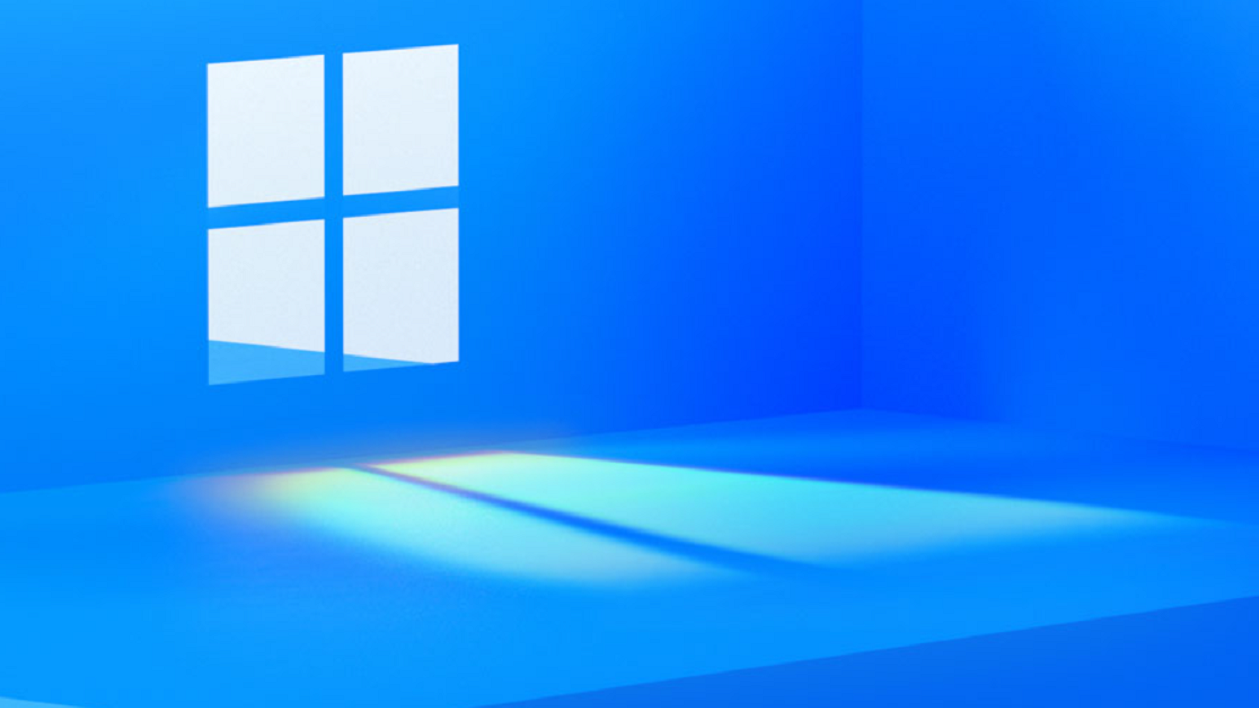
The Windows Control Panel has been a cornerstone of Windows since its debut in 1985 with Windows 1.0. Control Panel's interface has evolved dramatically throughout its 39-years history, but it looks like the end of the road is near even for this key Windows capability as Microsoft has confirmed plans to deprecate it.
"The Control Panel is in the process of being deprecated in favor of the Settings app, which offers a more modern and streamlined experience," a statement by Microsoft on its support website reads.
While Microsoft has not disclosed when exactly it plans to ditch some of the most iconic features of Windows, the company certainly appears to be moving closer to retiring the Control Panel as the Settings app is gradually growing to include more and more features.
Despite its age — 39 years is an unbelievable timeframe for the IT realm — the Control Panel remains a familiar tool for many (even as Microsoft has slowly reduced its role) that has evolved over a dozen of major versions of Windows. Introduced in 2012 with Windows 8, the Settings app has steadily taken over many of Control Panel's functions. While the software giant has moved away from Setting's initial emphasis on touch-based interfaces, the push for moving features from Control Panel to the newer app reflects Microsoft's ongoing efforts to modernize its operating system.
Although there have been rumors about the demise of the Control Panel for about a decade, Microsoft has never officially confirmed its removal. The closest indication came in 2015 when a senior Microsoft official suggested on Twitter that the Settings app would eventually replace the Control Panel entirely.
"While the Control Panel still exists for compatibility reasons and to provide access to some settings that have not yet migrated, you are encouraged to use the Settings app, whenever possible," Microsoft says.
The persistence of the Control Panel can largely be attributed to compatibility issues that Microsoft has yet to fully resolve. Despite its dwindling functionality, the Control Panel remains necessary for certain tasks that have not yet been integrated into the Settings app. This need for backward compatibility is likely the main reason the Control Panel still exists.
For those who feel nostalgic about the Control Panel, Version Museum has a retrospective of the feature's evolution over the years.







